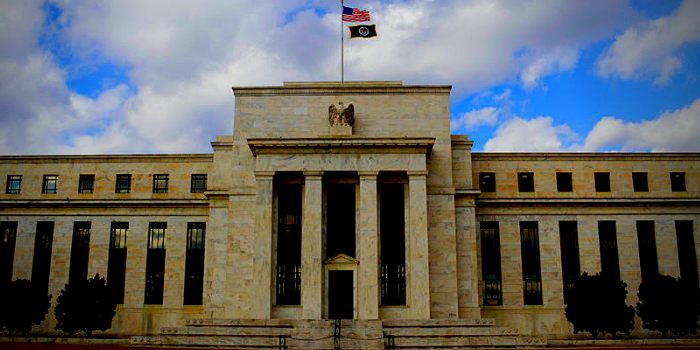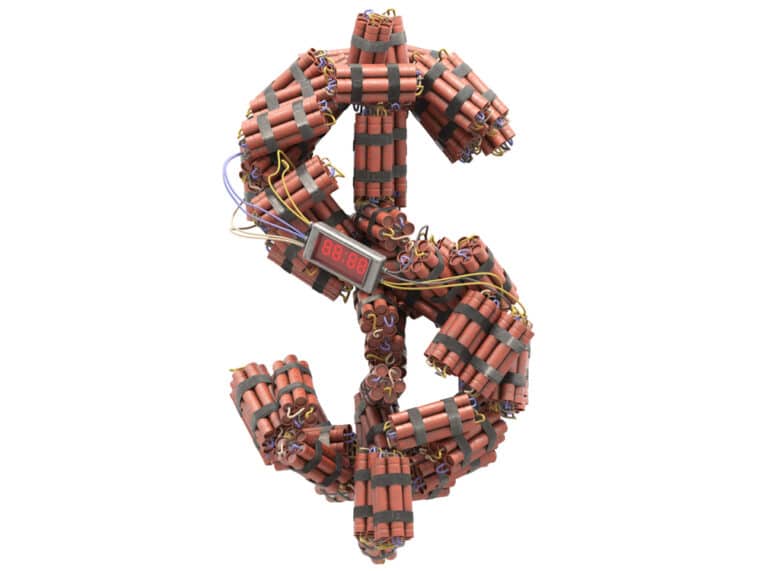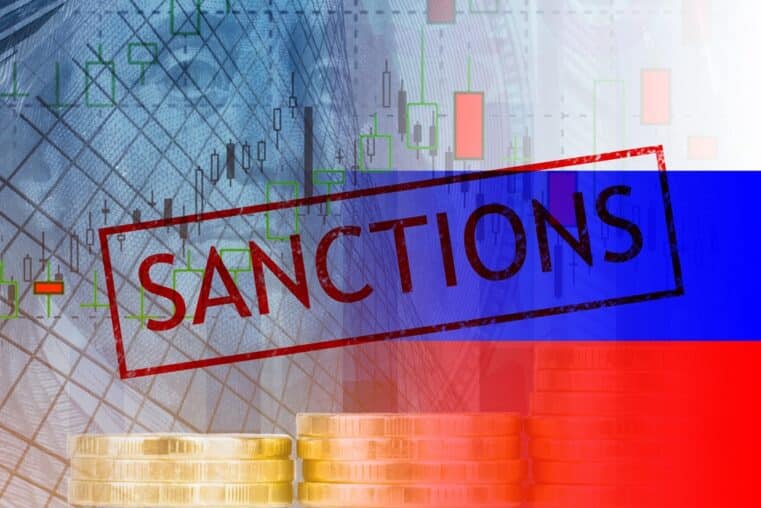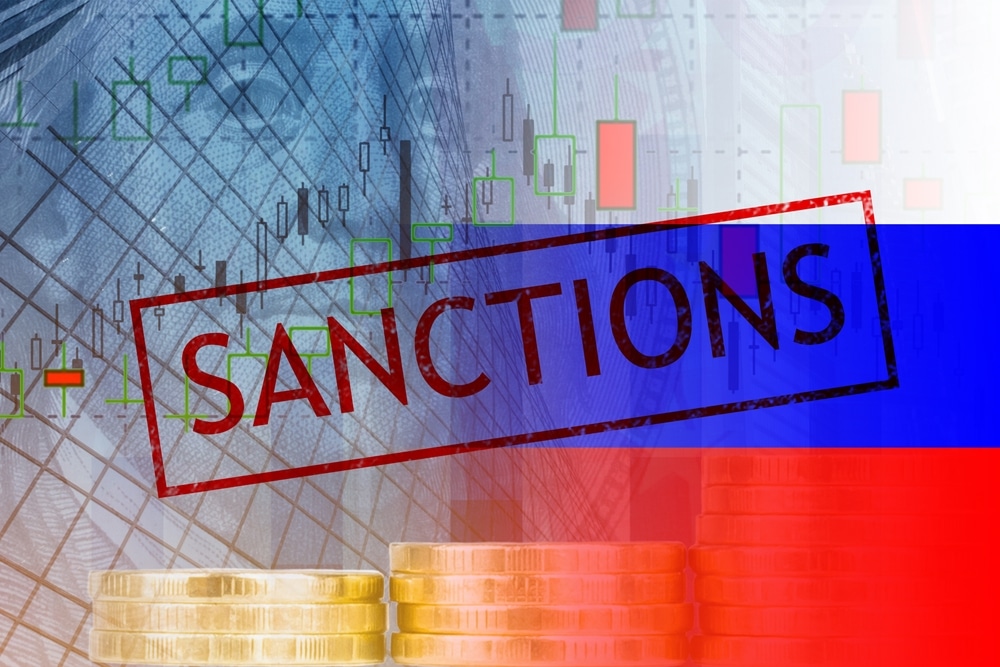
The New Fed In Favor Of Eliminating Mortgage Backed Securities
Unless you follow the Federal Reserve closely, you might not be familiar with the newest economist to join the team. Richard Clarida is a professor, global advisor for PIMCO and he was sworn in on September 17 as the Fed’s Vice Chairman. Considering that the Fed Chair Jerome Powell is a lawyer, not an economist, his role is vital to the advancement of policies.

Richard Clarida, Fed Vice Chairman
Based on his testimony before the Senate Banking Committee, it appears that his views on the US housing market are aligned with those of Fed Chair Powell. And like Powell, when asked on his view regarding mortgage-backed securities (MBS), it wasn’t surprising to hear that Clarida is in favor of dumping them from the Fed’s balance sheet, all the way to zero.
In his own words:
“My preference would be for the Fed to end up with a Treasury-only portfolio.”
The Fed’s balance sheet, at once peaking at $4.5 trillion, may be cut in half to around $2.4 trillion, with only US Treasuries remaining.
Why it matters: The Fed holds approximately $1.74 trillion worth of mortgage-backed securities--roughly 26% of all outstanding residential MBS. The Fed’s accumulation of MBS has exerted a tremendous influence in the mortgage market, by pushing down yields and, in turn, making mortgage rates more favorable to potential home buyers.
Unwinding such a massive allocation may ultimately trigger a real estate crash.
Valuations will fall, and along with it, a large share of American wealth.
Bear in mind that American wealth has grown to record-high levels...not because of rising income, but because of overvalued asset valuations in real estate and equities.
When the Fed clears its balance sheet of MBS, such a move will lead to volatility in equities, the kind of volatility that causes asset prices to plunge.
Regardless, Clarida holds the position (similar to Powell) that stock market volatility should hold no bearing on the Fed’s policy decisions, despite the impact that volatility may have on individual investors.
So, if you are an investor who has benefitted from the Fed’s monetary easing program, and if you choose to continue holding securities, you are on your own.
The Fed’s current tightening policy may not be favorable to your portfolio.
Why are they looking to dump now? At the root of the decision lay an ethical dilemma: holding mortgage-backed securities is tantamount to “allocating credit” to a given private sector.
Purchasing bonds in a given sector would give that sector a competitive advantage over other sectors whose bonds were not selected. It would be the same as if the government were to have a hand in driving the winners and losers in the private sector.
Unlike the ECB, which takes part in this kind of activity in plain view of the public, and whose investments are considered a “stamp of approval” among European investors, Powell and Clarida share the opinion that the US should steer clear from this means of preferential treatment.
Hence, both are in favor of shedding all MBS holdings, leaving only Treasuries on the Fed’s balance sheet.
As an investor, you might have benefitted from the 350% rise in the US stock bull market. Bear in mind that the Fed’s actions played a strong hand in driving what has become the longest bull market in history.
In contrast to the last decade, the Fed’s monetary position has changed. And there are plenty of other fundamental and geopolitical factors that prefigure the bull’s end.
Although shedding equities from your portfolio may not be the wisest move, refusing to hedge a sizable percentage of your portfolio with safe haven assets such as gold and silver may be foolish.
|
S&P's Largest Declines |
S&P 500 |
Gold |
|
September 1976 - March 1978 |
-19.4% |
53.8% |
|
August 1987 - December 1987 |
-33.5% |
6.2% |
|
July 1990 - October 1990 |
-19.9% |
6.8% |
|
March 2000 - October 2002 |
-49.0% |
12.4% |
|
October 2007 - March 2009 |
-56.8% |
25.5% |
|
May 2011 - October 2011 |
-19.0% |
9.4% |
As the spreadsheet above shows, keeping a portion of your investments in precious metals may provide growth during a bear cycle, allowing you to enter the next bull market from a stronger financial position.











